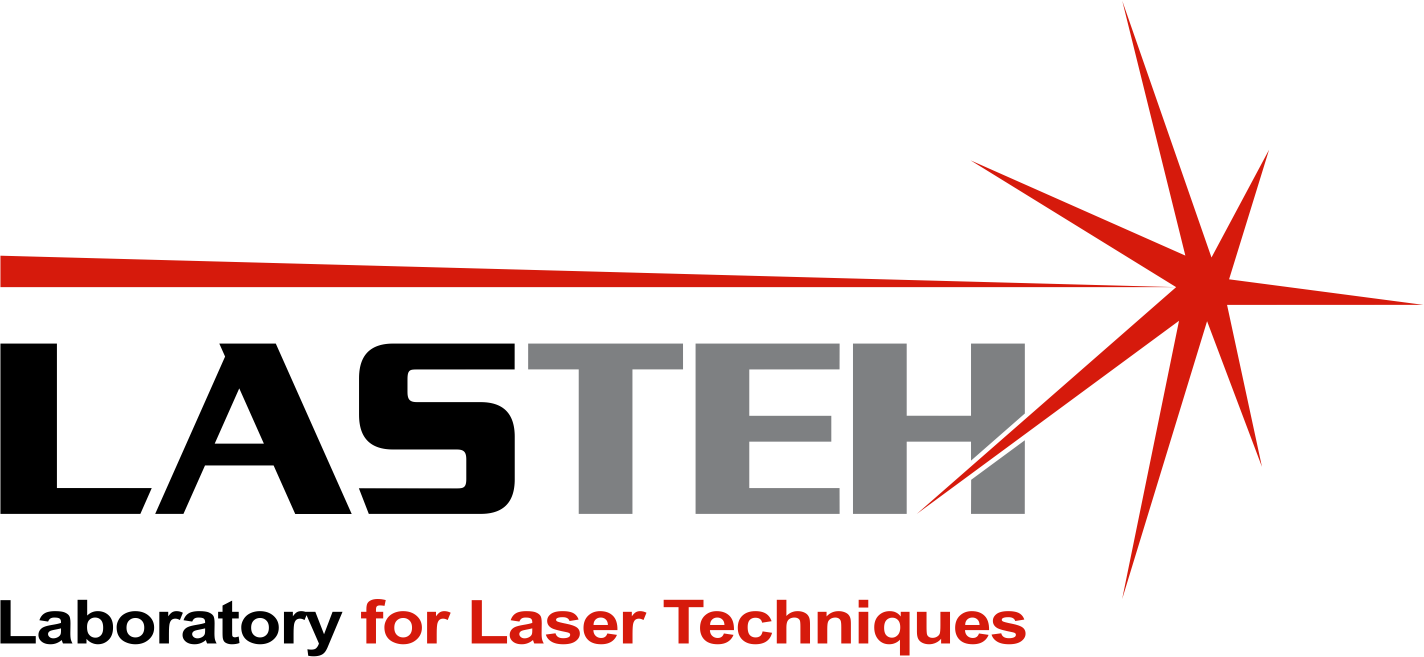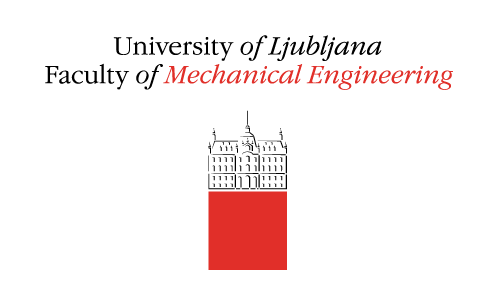Laser Processing Technology
assoc. prof. dr. Matija Jezeršek
Short description:
The mechanisms of interaction between laser light and material are introduced in the first part. Particular emphasis is given to the effects on the absorption of light in material and the conversion of light energy into heating and subsequent melting, evaporation and ionization. The second part introduces the technologies of laser drilling, cutting, welding, marking, 3D printing and microstructuring of surfaces. Furthermore, laser control systems based on optical and optodynamic principles are presented. Tutorials consist of calculus cases and laboratory research topics, where small groups work on specific research topics in the field of laser processing through a semester, thus consolidating knowledge from lectures and gaining practical skills.
Prerequisites:
The following pre-knowledge is recommended for successful study:
• Physics
• Laser systems
• Mechatronics
• Materials
Content (Syllabus outline):
- Optodynamics and interaction of laser light with matter
- Laser cutting and drilling
- Laser welding
- Modeling of laser processes
- Laser etching and marking
- Laser surface engineering
- 3D print
- Monitoring and control of laser processes
Objectives and competences:
In scope of the course, the students will:
• become aware of the significance of laser processing technology,
• earn the ability to select suitable laser processing systems in the working process,
• develop a perception about the continuous improvement of manufacturing and diagnostic processes.
The students will earn the following subject-specific competences:
• knowing the fundamental principles of laser processing technology,
• knowing the characteristics, advantages and limitations of individual laser processing technology,
• knowing the applications of laser processing,
• practical knowledge in the field of development of laser processing systems.
Intended learning outcomes:
Knowledge and understanding
The students will:
• understand the basic physical laws in the field of laser processing technology;
• understand the operation of different laser processing systems, their characteristics, structure and applications;
• know the state-of-the-art in the field of laser processing systems; • know the procedures used for planning and developing the laser processing systems.

